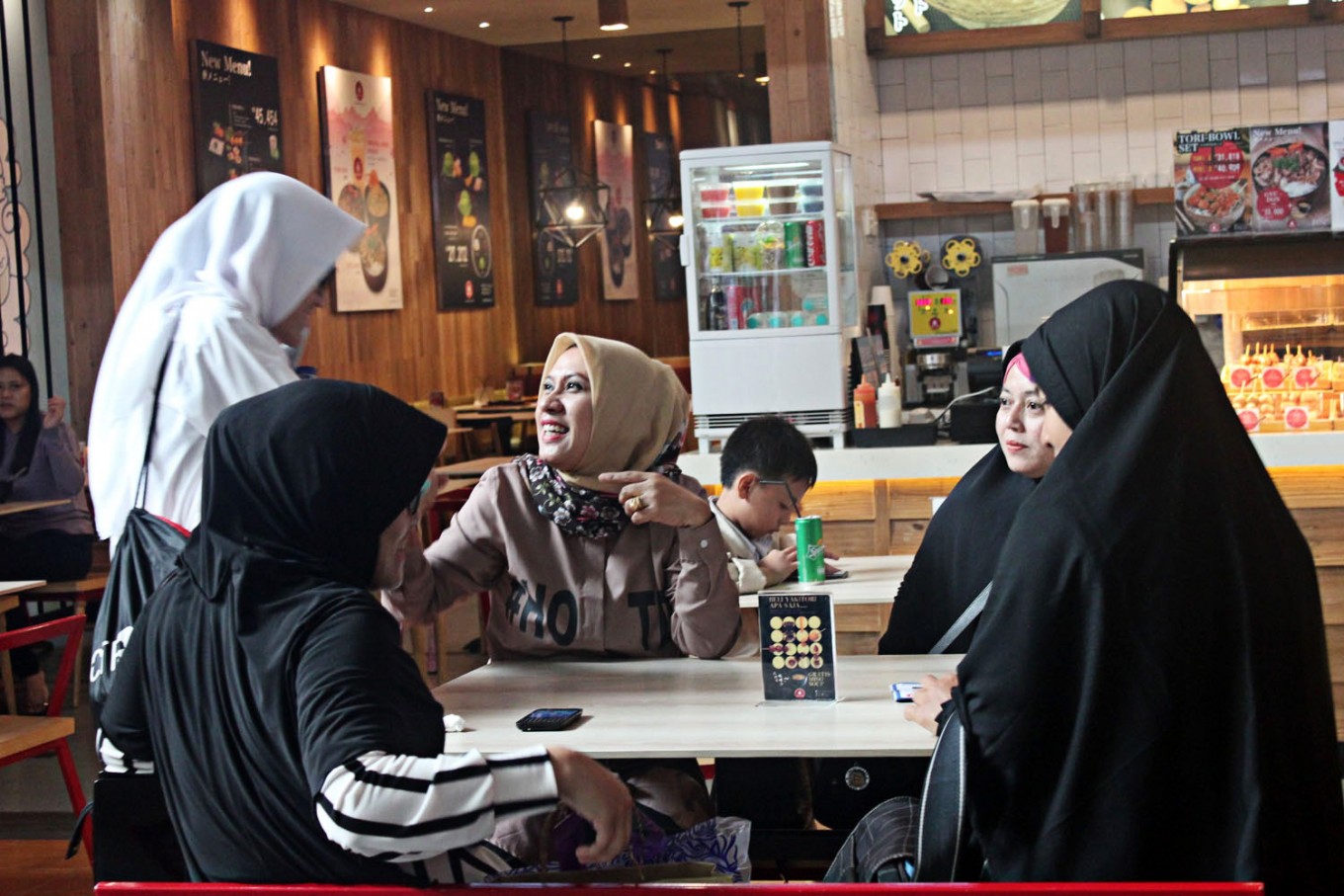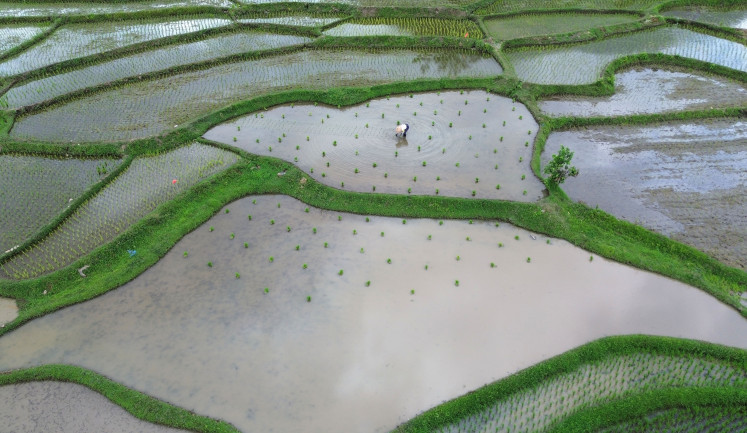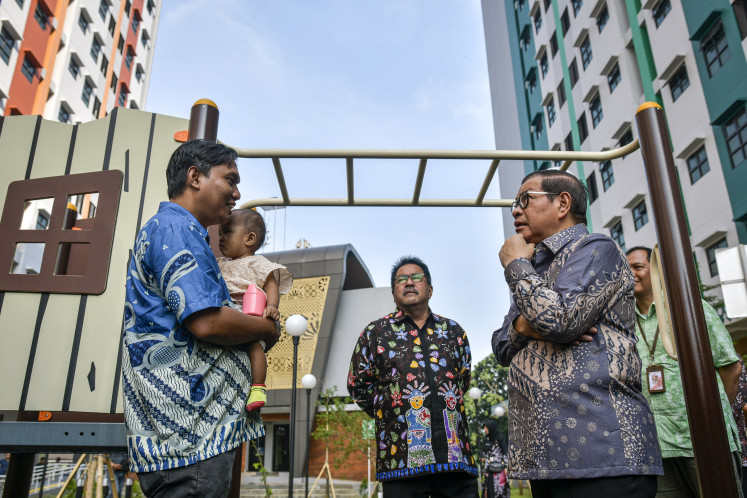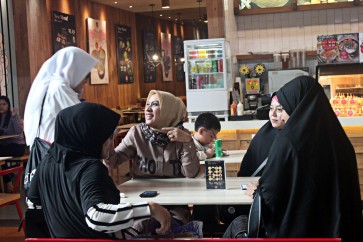Popular Reads
Top Results
Can't find what you're looking for?
View all search resultsPopular Reads
Top Results
Can't find what you're looking for?
View all search resultsRationalizing halal tourism: A neuroeconomic view
Muslim travelers are one of the fastest-growing demographics in the global tourism industry. Their demand is quite simple, facilities to allow them to perform religious customs. If the term “halal” is deemed too strong for tourism, they are quite happy with offers of “Muslim friendly” tourism. #opinion
Change text size
Gift Premium Articles
to Anyone
W
hen the National Committee for Sharia Finance (KNKS) was formally established by President Joko “Jokowi” Widodo in 2017, many proponents of Islamic economics were skeptical. They scapegoat the term “finance” (instead of “economy”) in the institution’s name. Indeed the development of stand-alone “Islamic finance” during the past three decades has not been contributing significantly to the country’s economy.
This skepticism might be relieved by now. In the masterplan of Indonesian Islamic economy, the KNKS focuses on the real sector of the economy through the concept of halal industry.
Another challenge arises, however. Some, including policymakers, are afraid that the implementation of halal industry might disrupt the country’s social diversity, particularly in a socio cultural-related sector like tourism. We discuss this issue in light of the recent fast-developing field of neuroeconomics.
What is neuroeconomics? This term refers to an interdisciplinary field aimed at evaluating human decision-making by combining economics, neuroscience, psychology and computational science. Neuroeconomics is essential for our discussion, for it may answer the puzzle of illogical economic decisions of Muslims toward halal tourism.
Many Muslims travelers are considered rational economic people. They condense their travel destinations universe and only visit those providing a Muslim-friendly environment. They are willing to pay a premium in return for those features. In other words, they trade wealth for religious values.
Why is this even possible? While mainstream economics has failed to explain this phenomenon, neuroeconomics stipulates a promising answer stemming from human brain analysis.
A scientific article titled “The price of your soul: Neural evidence for the nonutilitarian representation of sacred values” found that religious belief activates an area in the brain which allows believers to make non-cost-and-benefit decision-making. They rather employ deontic logic by considering what is permitted (right) and what is not (wrong) by their religion.


















